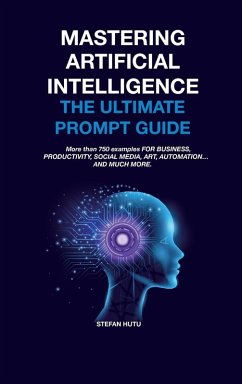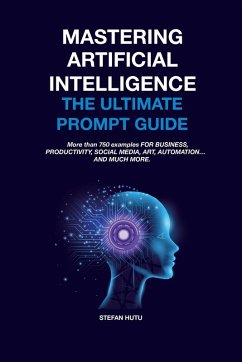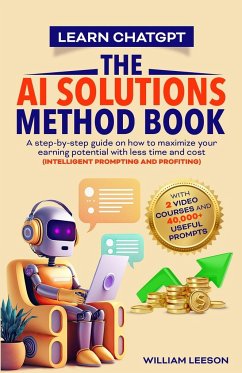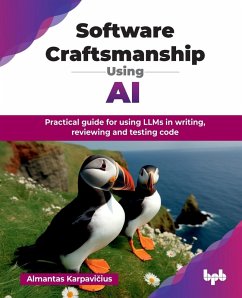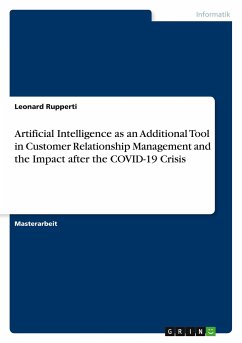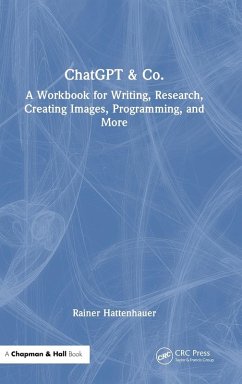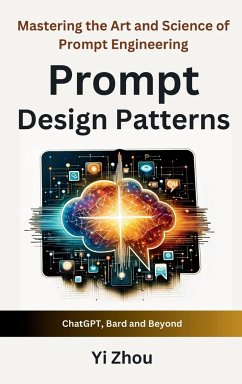
The 19 Laws of AI Prompting Intelligence
Master the Art of Human-AI Thinking, Prompt Engineering, and Collaboration

PAYBACK Punkte
7 °P sammeln!
The 19 Laws of AI Prompting Intelligence teaches you how to think with AI, not at it. Written by strategist Nikolay Gul, this book transforms "prompting" from a game of trial and error into a repeatable science of human-AI collaboration. Inside, you'll discover how to turn prompts into cognitive blueprints-frameworks that scale across projects, tools, and even future AI models.What makes this book different?Reusable Systems, Not One-Off Tricks - Learn modular prompt architecture that grows with you. Debug Like a Pro - Apply the Prompt Autopsy method to rescue broken outputs in minutes. Bias Br...
The 19 Laws of AI Prompting Intelligence teaches you how to think with AI, not at it. Written by strategist Nikolay Gul, this book transforms "prompting" from a game of trial and error into a repeatable science of human-AI collaboration. Inside, you'll discover how to turn prompts into cognitive blueprints-frameworks that scale across projects, tools, and even future AI models.What makes this book different?Reusable Systems, Not One-Off Tricks - Learn modular prompt architecture that grows with you. Debug Like a Pro - Apply the Prompt Autopsy method to rescue broken outputs in minutes. Bias Breakers - Use AI to challenge your own blind spots, not reinforce them. Future-Proof Frameworks - Laws that outlast today's tools (ChatGPT, Claude, Gemini, Grok) and adapt to tomorrow's. Decision Intelligence - Apply the "You Is Me - But Smarter" (YIMBS) protocol to elevate problem-solving beyond your own limits. Multimodal Mastery - Design prompts that span text, images, and more-because the future isn't single-mode. Who should read this book?Creators who want AI to spark originality, not clichés. Consultants & Strategists who need frameworks that scale across clients. Educators & Trainers building AI literacy for teams and classrooms. Innovators & Entrepreneurs looking to turn prompts into intellectual capital. Why "Laws"? Because these principles are transferable and timeless. Tools change. Models evolve. But the laws of prompting intelligence remain universal. With ready-to-use templates, thought experiments, and frameworks, this is more than a manual-it's a field guide for thinking better with machines. The 19 Laws of AI Prompting Intelligence: Paperback ISBN: 979-8-9927440-4-0 eBook ISBN (EPUB): 979-8-9927440-3-3 Audio Book: 979-8-9927440-8-8 This title is officially cataloged in the U.S. Library of Congress (LCCN: 2025905674)





